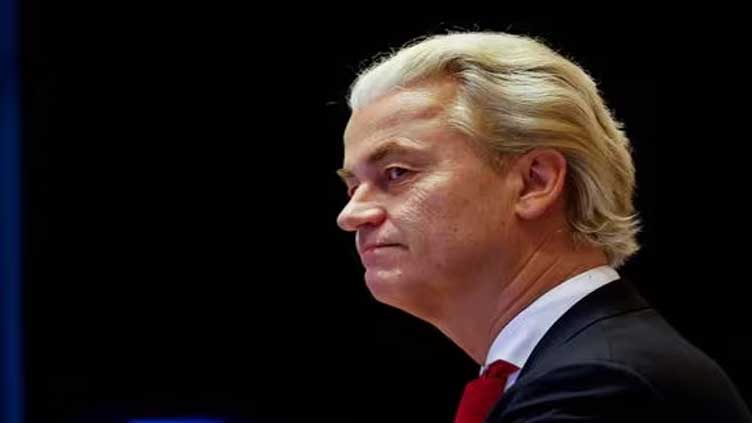No agreement in sight for a new Dutch coalition after Wilders win

World
No agreement in sight for a new Dutch coalition after Wilders win
AMSTERDAM (Reuters) - A new coalition government for the Netherlands is far off as parties have yet to agree on common ground over the rule of law with far-right leader Geert Wilders let alone open negotiations, the official scouting out the early approaches said on Monday.
Wilders' nationalist Freedom Party (PVV) was the clear winner of the Nov. 22 election, but with around a quarter of the total vote he needs to find partners to build a workable governing coalition.
His two key prospective partners, outgoing Prime Minister Mark Rutte's conservative VVD and centrist upstart NSC, have expressed serious doubts about working with Wilders.
His party programme called for the abolition of mosques and the Koran in the Netherlands, which would go against the Dutch constitution's right of freedom of religion, as well as banning Muslim schools, which would be against the constitutional freedom of education, and a referendum on leaving the EU.
While EU membership is not anchored in the constitution, it is also a red line for the other parties, which do not want to leave the EU.
Wilders has repeatedly said he is willing to shelve these issues in order to form a government, but parties want stronger guarantees that he will not seek any measures that are deemed unconstitutional.
To build mutual trust, the PVV, VVD and NSC as well as the smaller farmers' protest party BBB, which has a large presence in the country's Senate, will first try to find this common ground, coalition scout Ronald Plasterk said in a report, before possibly moving to negotiations on a government pact.
The parties will have to "investigate if they agree on a baseline to secure adherence to the constitution, fundamental rights and democratic rule of law".
Plasterk said these talks would have to be done between December 2023 and January 2024, with a new report scheduled for February.
Government formation in the Netherlands traditionally takes months. Talks after the previous Dutch election in March 2021 took a record-breaking 299 days.
Ultimately, a new government could come in the form of a majority coalition of the four parties, or a minority combination of two or three of them.
If no agreement is reached, coalitions involving the Labour/GreenLeft combination that finished second in the vote could be considered, while a new election remains a possibility as a last resort.


